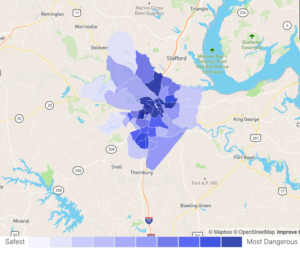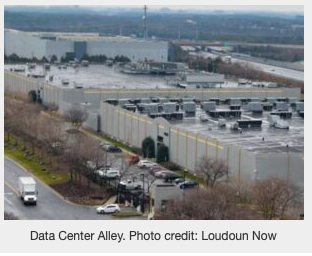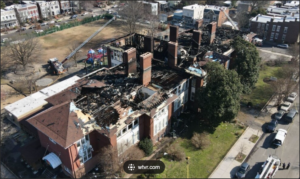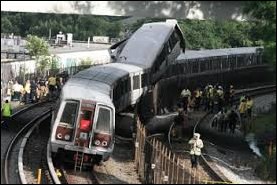
Fredericksburg Virginia Crime Rate Map (Courtesy Neighborhood Scout). Mary Washington University is the light sliver in the center of the worst crime
by James C. Sherlock
There are two major reasons that Virginians organize themselves into local governments:
- public safety; and
- public schools for their children.
Fredericksburg has proven unable to provide either competently. It’s record is unapproachably bad given its assets.
We have documented its deplorable schools. When I wrote in that piece that they need a new superintendent, I failed to understand the crime picture and undershot the solution.
In 2021, the State Police reported that Fredericksburg had an incredibly high Group A crime rate (Crimes against persons, property and society).
Nearly the worst in the state. I admit that it shocked me.
Neither the crime rate nor the bad schools finds easy excuses in demographics or poverty. I will offer the census figures to prove it.
Fredericksburg’s schools and crime rates are literally breathtakingly bad for no identifiable reason other than governmental incompetence.
The city may wish to consider reverting to a town, either by vote of the City Council or by citizen initiative, and let either Stafford County or Spotsylvania County take over responsibilities its current government has proven it cannot handle. Continue reading









 by James C. Sherlock
by James C. Sherlock

 by James C. Sherlock
by James C. Sherlock Memo
Memo by James C. Sherlock
by James C. Sherlock
